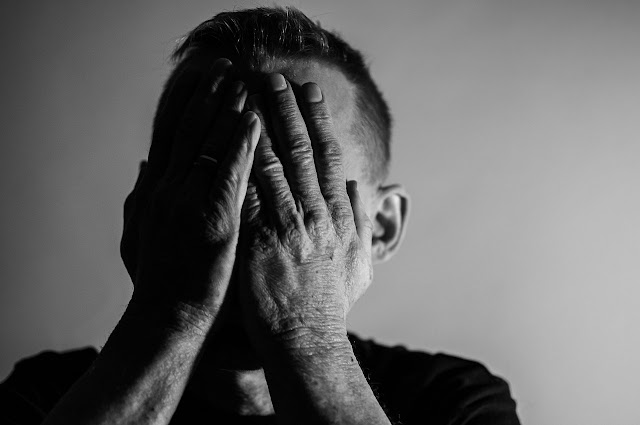Anxiety is a feeling of unease, worry or fear that is experienced by many people at some point in their lives. However, when anxiety becomes overwhelming and affects daily life, it can be considered a mental illness.
Mental illness is a broad term that refers to a wide range of conditions that affect a person's thinking, emotions, behavior, or a combination of these. Anxiety disorders are among the most common mental illnesses, affecting millions of people worldwide.Anxiety disorders are characterized by excessive, uncontrollable worry or fear about everyday situations or events, even when there is no real danger. These feelings can be intense, persistent, and can interfere with daily activities, such as work, school, and relationships.
Among the most prevalent varieties of anxiety disorders are:
Generalized anxiety disorder (GAD): This type of anxiety disorder is characterized by excessive and persistent worry about everyday activities, events, or situations. People with GAD may worry about things like money, health, family, work, or school, even if there is no reason to worry.
Panic disorder: This is an anxiety disorder characterized by sudden and intense attacks of fear or terror, often accompanied by physical symptoms such as a rapid heartbeat, sweating, or trembling. People with panic disorder may feel like they are losing control, having a heart attack, or dying.
Social anxiety disorder (SAD): This is a type of anxiety disorder in which a person has an intense fear of social situations, such as public speaking, meeting new people, or being in a group. People with SAD may feel embarrassed, humiliated, or judged by others, and may avoid social situations altogether.
Specific phobias:This category of anxiety condition is distinguished by a strong aversion to a single thing or circumstance, such as heights, spiders, or flying.People with specific phobias may go to considerable efforts to avoid the thing or circumstance they are afraid of
While anxiety disorders are often classified as mental illnesses, some people may still hesitate to seek help because of the stigma attached to mental illness. They may feel ashamed or embarrassed to admit that they are struggling with anxiety, or they may worry about being labeled as "crazy" or "weak." However, seeking help for anxiety is an important step in managing the condition and improving overall mental health.
Anxiety can be caused by a variety of factors, including genetics, brain chemistry, life experiences, and personality. Some people may be more prone to anxiety than others, and certain situations or events may trigger anxiety symptoms.
There are several effective treatments for anxiety disorders, including psychotherapy, medication, or a combination of both. Cognitive-behavioral therapy (CBT) is a type of talk therapy that helps people identify and change negative thought patterns and behaviors that contribute to anxiety. Medications, such as antidepressants or anti-anxiety drugs, can also be effective in reducing anxiety symptoms.
In addition to treatment, there are several self-help strategies that can help manage anxiety, including:
- adopting relaxation techniques like deep breathing or meditation
- Getting regular exercise
- Eating a healthy diet
- Avoiding caffeine and alcohol
- Getting enough sleep
- Limiting exposure to stressful situations
- speaking with a dependable friend or relative
It is important to note that anxiety is a treatable mental illness, and seeking help is a sign of strength, not weakness. If you are struggling with anxiety, it is important to talk to your healthcare provider or a mental health professional to get the support you need.
In conclusion, anxiety can be considered a mental illness when it becomes overwhelming and interferes with daily life. Anxiety disorders are among the most common mental illnesses, affecting millions of people worldwide.



0 Comments